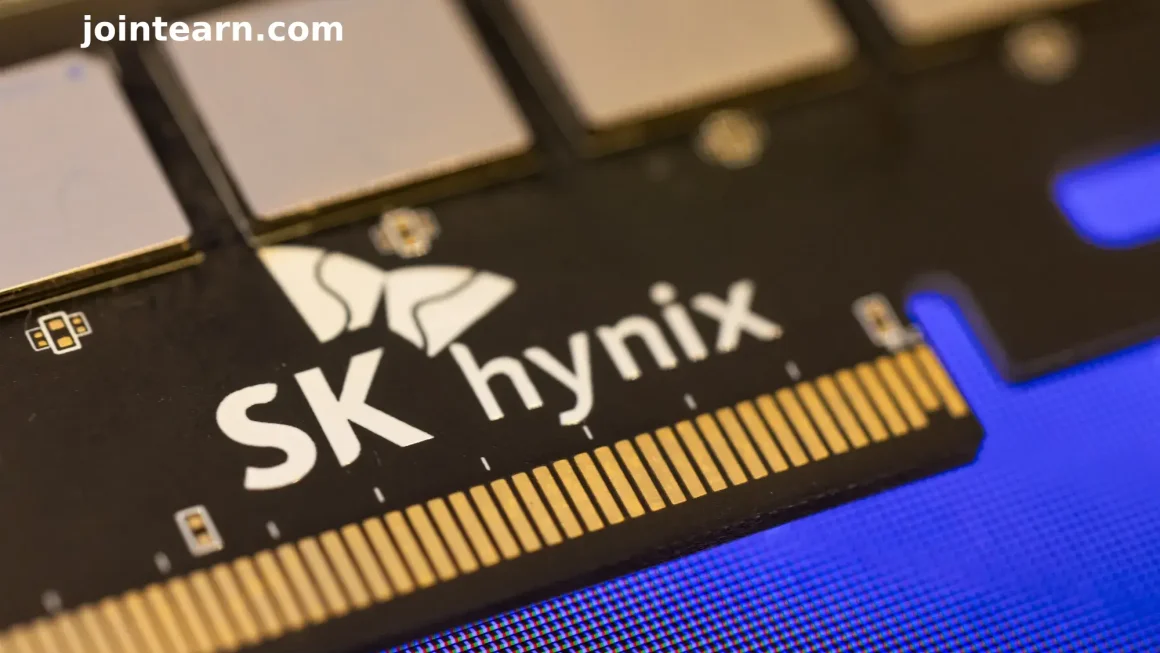In a move that has been widely celebrated across Nigeria, Sterling Bank recently announced the elimination of transfer fees for all local online transactions. This bold initiative, which took effect on April 1, 2025, has drawn applause from various quarters, including a commendation from a former Minister of Aviation, who described the policy as a significant step toward financial inclusion and customer-centric banking.
Sterling Bank’s Zero-Transfer Fee Policy
Sterling Bank’s decision to waive transfer fees is part of its broader strategy to redefine banking in Nigeria by prioritizing affordability and convenience for its customers. The bank also announced free issuance of ATM cards, further easing financial burdens on its clientele. The policy applies to transfers made via the Sterling Bank mobile app and online platforms, making it the first major Nigerian bank to adopt such a customer-friendly approach.
Obinna Ukachukwu, Growth Executive for Consumer and Business Banking at Sterling Bank, emphasized that the initiative is driven by fairness and inclusivity. “We believe access to your own money shouldn’t come with a penalty,” he stated. Ukachukwu added that this decision reflects Sterling Bank’s commitment to supporting Nigerians during challenging economic times by eliminating unnecessary costs associated with digital transactions12.
Former Aviation Minister’s Reaction
The former Minister of Aviation commended Sterling Bank for leading the charge in abolishing transfer fees, describing the move as “revolutionary” and “a breath of fresh air” in Nigeria’s banking sector. He highlighted how this policy would significantly benefit individuals and small businesses, especially those who rely heavily on digital transactions for their daily operations.
The former minister also urged other financial institutions to follow Sterling Bank’s example by adopting similar measures to ease the financial burden on Nigerians. “This is not just about banking; it’s about empowering people and fostering economic growth,” he remarked.
Public Reception and Industry Impact
The announcement has been met with widespread approval from Nigerians, many of whom have taken to social media platforms to express their gratitude and excitement. The policy has sparked viral discussions online, with users sharing their experiences of making transfers without incurring charges. One viral message on WhatsApp read: “Sterling Bank has just shocked Nigeria today! My neighbor transferred N100k with zero charges! God bless Sterling Bank!”5.
This move by Sterling Bank has also placed pressure on other banks to reconsider their fee structures. Historically, Nigerian banks have charged between ₦42 and ₦73 per electronic transfer, a practice that has been criticized for discouraging the use of digital channels despite government efforts to promote cashless transactions4. By eliminating these fees, Sterling Bank has set a new benchmark for customer-focused banking.
Economic Implications
The zero-transfer fee policy is expected to provide significant relief for Nigerians grappling with rising inflation and economic challenges. Small business owners, in particular, stand to benefit greatly as they often make frequent transfers while managing tight budgets. The policy also aligns with broader efforts to promote financial inclusion by making banking services more accessible and affordable.
Ukachukwu noted that this initiative goes beyond competition within the banking sector. “We may not be the biggest bank in Nigeria, but we are certainly the boldest,” he stated, emphasizing that the decision was guided by values rather than profit motives25.
Calls for Industry-Wide Adoption
Sterling Bank has called on other financial institutions to join in eliminating transfer fees, arguing that such charges are outdated and counterproductive in today’s digital economy. The bank’s leadership believes that removing these fees will encourage more Nigerians to adopt digital banking solutions, ultimately benefiting the entire financial ecosystem.
During the announcement, Ukachukwu reiterated Sterling Bank’s commitment to being a customer-first institution. “This is more than a financial decision; it’s a values-based one,” he said. The bank hopes its bold stance will inspire others in the industry to prioritize customer needs over short-term profits45.
Conclusion
Sterling Bank’s zero-transfer fee initiative marks a turning point in Nigeria’s banking industry. By eliminating these charges, the bank has not only eased financial burdens on its customers but also set a new standard for what it means to be a truly customer-focused institution. The commendation from a former Aviation Minister underscores the broader significance of this policy as a tool for economic empowerment and financial inclusion.
As Nigerians continue to celebrate this development, all eyes are now on other banks to see if they will follow Sterling Bank’s lead in creating a more inclusive and affordable banking environment. For now, Sterling Bank remains at the forefront of redefining what it means to be bold in business while putting customers first.









